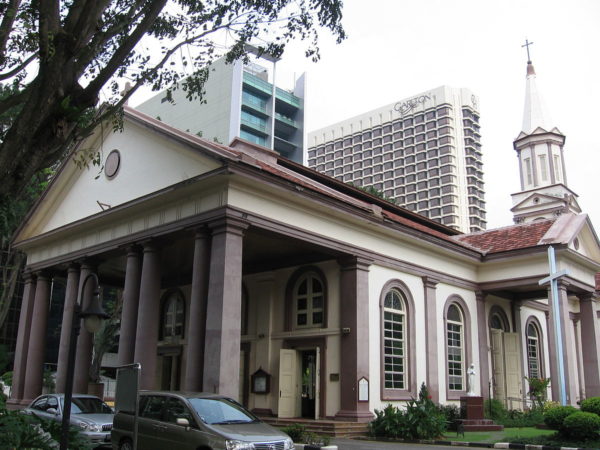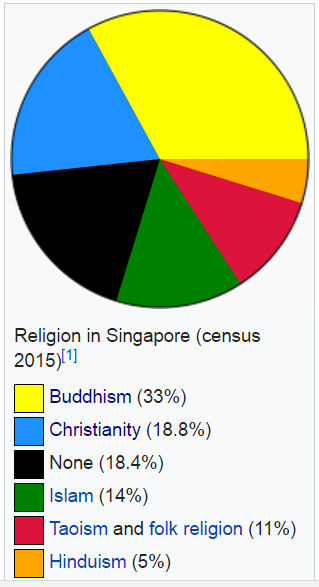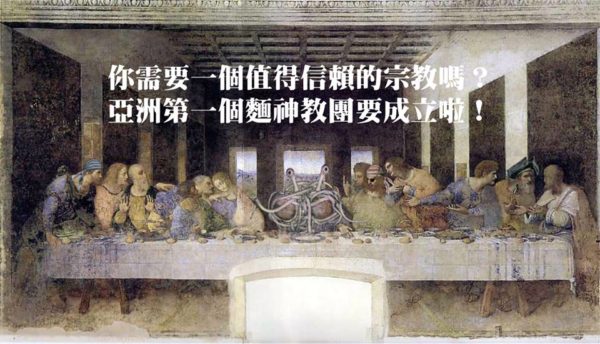
Last month, the Taiwanese authorities became the first government in Asia to recognise a Pastafarian organisation. Called the Humanistic Pastafarianism in Taiwan (台灣人文煮意麵團), the group has attracted about 30 sign-ups and has more than 2,000 fans on Facebook. The Humanist Society (Singapore) talks to one of its representatives, Kevin Feng (酆景文), to find out more. [Read more…]




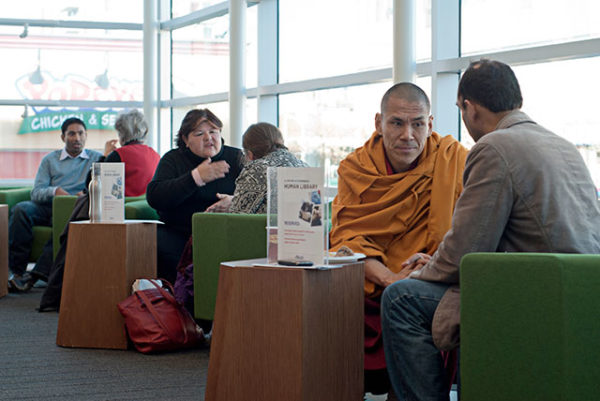
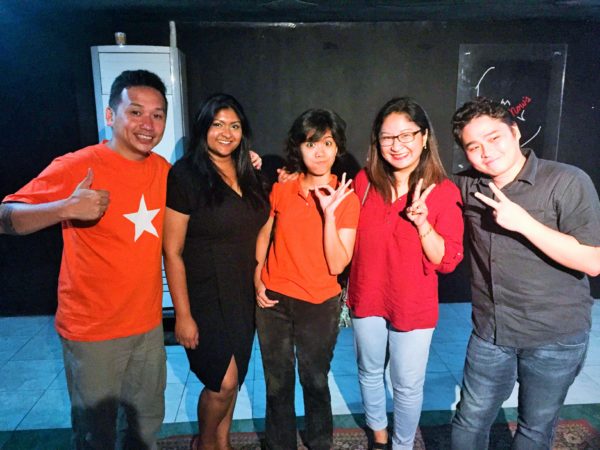
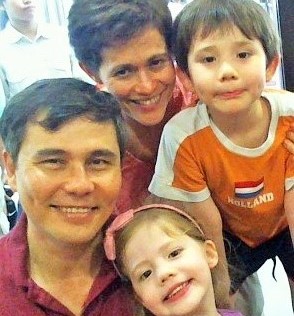
 Today, Christians around the world celebrate Easter, remembering the resurrection of Jesus Christ around 2000 years ago. Although the Humanist movement and the Humanist Society in Singapore (also called HumanistSG) have occasionally been perceived as anti-religious, small numbers of Christians have been attending its events for years. Far from being ‘religious shoppers’ or confused people, these Christians are independent-minded and well-read, holding their own against both religious and non-religious standpoints. They are also passionate defenders of reason and Singapore’s secular space and are thus often supportive of many Humanist causes.
Today, Christians around the world celebrate Easter, remembering the resurrection of Jesus Christ around 2000 years ago. Although the Humanist movement and the Humanist Society in Singapore (also called HumanistSG) have occasionally been perceived as anti-religious, small numbers of Christians have been attending its events for years. Far from being ‘religious shoppers’ or confused people, these Christians are independent-minded and well-read, holding their own against both religious and non-religious standpoints. They are also passionate defenders of reason and Singapore’s secular space and are thus often supportive of many Humanist causes.